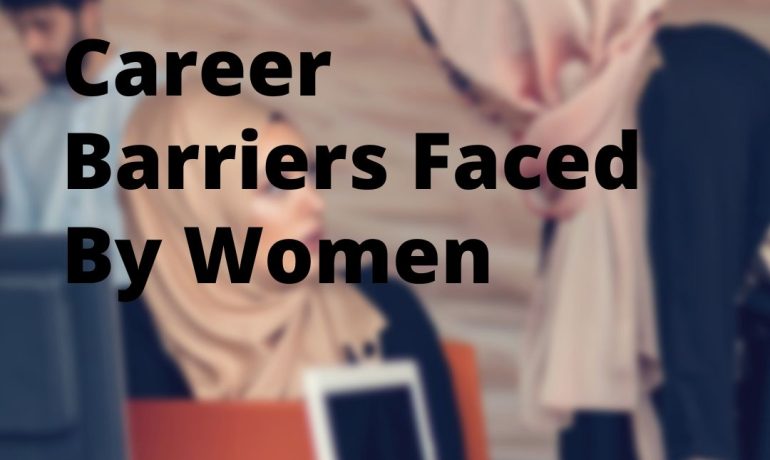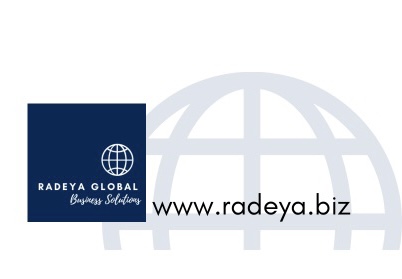A new survey released by gender equality consultancy Shape Talent has unveiled new insights into how women are obstructed at all stages of their career by societal, organisational and personal barriers.
The survey of over 2,300 women found that a staggering 95% of women feel the pressure to conform to unspoken gender stereotypes or be penalised in their career. Additionally 71% of women feel societal pressure to be primarily responsible for looking after their children and home, and a further 82% of women experience organisational barriers in workplaces that are still designed predominantly for men.
Organisations are under pressure from many corners when it comes to driving greater gender equality yet, despite these pressures, women remain significantly under-represented in positions of power.
The survey also showed that workplace cultures contribute to an impossible double burden for women. At all levels of leadership, 52% women feel workplace pressure to work extra hours, and this pressure increases the more senior women become to 67%. Pressures at home are adding to this burden with 1 in 3 women saying that their home responsibilities consume their energy and leave them feeling inadequate at work.
When it comes to workplace behaviours, specifically around pay, one of the most striking findings shows that 50% of women feel greedy when asking for a pay rise, and a further 56% worry about the consequences of asking for a raise and not getting it.
Discrimination in the workplace was also a prevailing factor with 29% of women feeling undermined or dismissed in meetings, and 23% feeling like they can’t speak up without being penalised for it.
The research also highlighted important discrepancies when it comes to intersectionality. For example:
- Women with a disability experience significantly more barriers than other groups.
- Women experiencing perimenopause face more barriers than those experiencing menopause.
- Black and Asian women are conscious of their behaviour being negatively interpreted.
- Working mothers feel torn between their career and home responsibilities, and feel the need to make career sacrifices.
- Rather than transcending the barriers, these are intensified for women at executive level.
Furthermore, career development was also a key barrier, with 27% of women feeling their manager doesn’t support their development and 25% feeling as though their careers aren’t supported by senior management. On a personal level, 30% of women often feel inadequate at work, highlighting the huge pressures on women in the workplace.
The research also found that some industries experience the barriers more acutely, including energy, professional services, manufacturing and financial services.
Career development was also a key barrier, with 27% of women feeling their manager doesn’t support their development and 25% feeling as though their careers aren’t supported by senior management.
The report contains recommendations on how organisations can address the three barriers, including:
How to design the organisation to meet the needs of modern family set-ups (dual career households)
How to counteract gender biases by changing processes and systems first.
Sharon Peake, Founder & CEO of Shape Talent comments:
“Sadly, the hard-earned gains in gender equality pre-pandemic have been wiped out. The time for incremental change is long gone: real progress requires bold actions from organisations to fundamentally rethink the outdated ways of working that are holding women, and organisations themselves, back.
“Never has there been a more important time to act. We must seize this once-in-a-lifetime opportunity to create truly inclusive ways of working in order to unlock the full economic potential of gender diversity. Organisations must stop perpetuating the traditional ‘male primary breadwinner’ model and start embracing contemporary family set-ups where all genders share responsibilities equitably at work and at home.
She added: “Although awareness and behavioural change is a critical step within the cultural shift, engrained gender biases are hard to shift. By focusing on addressing processes and systems first it becomes possible to influence change at scale and help start to challenge the associated behaviours.”
Methodology
A quantitative test survey was conducted via Bolt Real – Audience © system
A total of 2,352 UK-based female individuals completed the survey between 8th and 25th August 2022.
We surveyed 2,352 working women in the UK, to understand the gender inequality-related barriers they face in their work life. We aimed to measure the effect of these barriers across sectors, level of role, life-cycle stages, ethnicity, sexual orientation, disability, parental status, and menopause status.
About Shape Talent
Shape Talent is a leading consultancy helping complex multinational organisations, who are serious about gender equality, to make sustainable changes that lead to diverse and inclusive cultures where people and business can thrive. The diverse and experienced team, led by Founder and CEO Sharon Peake, comprises equity, diversity and inclusion consultants, psychologists and coaches, many with backgrounds in senior leadership.
Shape Talent aims to create a truly level playing field for women in business, where it is a reality that they receive equal opportunity, advancement, support and conditions, and where invisible barriers are continually uncovered and removed.
www.shapetalent.com
About Sharon Peake
Sharon is a gender diversity expert and experienced diversity and inclusion leader with over 20 years’ experience in global businesses. She is a registered psychologist, a certified coach and the Founder and CEO of Shape Talent – the equity, diversity and inclusion experts for complex multinational organisations who are serious about gender equality (and what it can achieve for their business). Prior to founding Shape Talent in 2017, she held senior leadership roles in two FTSE20 businesses.
Born in Australia, Sharon has lived and worked in Australia and the UK, and her roles have given her experience working across 6 continents, delivering work in locations as diverse as Colombia, Romania, India, Uganda, New York, and Hong Kong. Her clients come from sectors as diverse as telecoms, consumer goods, professional services, manufacturing, publishing, medical devices, and financial services.
Sharon’s research has identified the most significant barriers to women’s career progression and this, combined with her significant corporate experience, has informed the development of the methodology underpinning Shape Talent’s evidence-based solutions: the Three Barriers model™.


